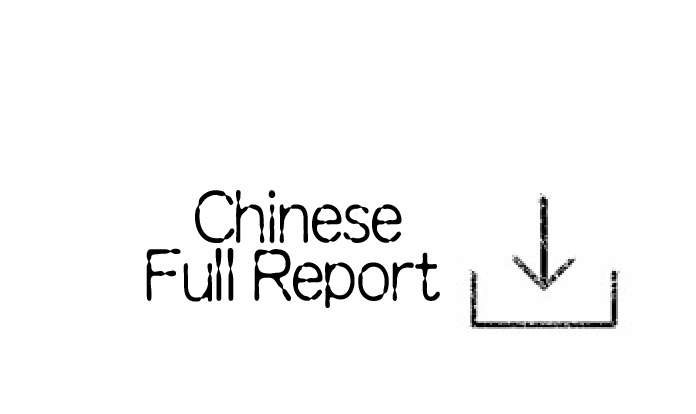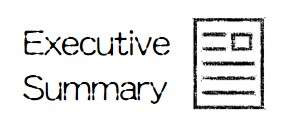Young People’s Perception on Public Consultations
Youth I.D.E.A.S. 07
Governance and Constitutional Development
Young People’s Perception on Public Consultations
31 January, 2016

Launching public consultation exercises regarding policies or other matters provides a chance for the public to find out more concerning the issues that they are being consulted about and to engage in discussion with the issues. This helps not only to maintain an open and transparent process of policy formulation, but also to facilitate consensus among the public. This could also garner the public’s support for or recognition of the policies, which is an important element for good governance.
It has long been the practice for the government in Hong Kong to consult the public on policy issues, social issues or other matters. Since its establishment in 1997, the HKSAR government has continued to launch public consultation exercises on different matters. By January 2016, over 400 consultation papers had been released. The current government put forward more than 100 consultation papers in the past four years. Recently, the government has highlighted the importance of public engagement in consultation, in which the public are encouraged to give feedback or express opinions during consultation.
However, in recent years, the government’s work on public consultation has been under fierce criticism. Accusations have included poor transparency, lack of scrutiny, and low efficacy. Both the performance of the District Council and the Government’s Advisory and Statutory Bodies in their respective roles in the consultation exercises has been under challenge as well. Indeed, the “Guidelines on Public Consultation”[1] issued in 2003 might no longer meet the needs of the society in Hong Kong today.
This research investigates the views of young people in Hong Kong on, and their participation in, public consultation. The research looks into how young people receive information, give feedback on the consultation, and evaluate the effectiveness of the consultation. It aims to explore the limitations and insufficiencies of the current public consultation exercises. Recommendations will be put forward in an attempt to encourage young people to participate more in public consultation.
This research collected data through a random sampling telephone survey, case studies on young people, and interviews with scholars and experts. The survey was conducted in December 2015, and there were 520 respondents between the ages of 18 and 34. The case studies were conducted in November and December 2015 with a total of 20 young people between the ages of 18 and 34. The interviews with scholars and experts were conducted in December 2015 and January 2016. Four scholars or experts were interviewed.
Discussion
- Young people uphold the value of public consultation, and they are eager to participate in the process. However, the government is not doing well in heeding public opinions according to young people’s views. There is a disparity between the expectations from young people and the performance by the government.
- Hong Kong lags behind its international counterparts in enhancing public engagement in consultation. The government needs to review its work on improving consultation exercises.
- Young people encounter various problems when participating in public consultation including receiving information, submitting opinions, and understanding the progress.
3.1 Receiving information: the information young people receive is superficial, making it difficult for them to find all the information required on the issues. It is hard to search for related information on the official websites.
3.2 Submitting opinions: the traditional channels of garnering opinions fail to encourage young people to express their thoughts.
3.3 Understanding the progress: the government’s low transparency of handling public opinions and poor accountability on the results of the consultation exercises have made young people question the efficacy of consultation exercises.
- Young people have reservations in trusting the government, and public consultation fails to garner support for and trust in the government. The government needs to pay serious attention to this.
Recommendation
- Reviewing the “Guidelines on Public Consultation” and making regular updates to these guidelines to meet the needs of the society as time goes on, in particular about the handling of public opinions.
- Reviewing the structure and composition of the Government’s Advisory and Statutory Bodies such as the number and the duties of the committees, as well as the representativeness of the appointed members.
- Reviewing the function of the District Council in public consultation, and enhancing the role of the elected councillors so that they can exert more impact in policy-making.
- Providing comprehensive and precise information on consultations, including the consultation documents, summaries, explanations for related concepts, the progress of handling the opinions collected, and the statistical data.
- Providing direct and diversified channels to collect public opinions, including the use of new media.
- Providing an interactive platform for discussion.
- Developing a bottom-up channel for the public to express their opinions so that the policymakers can better understand the issues that the public are concerned about.
[1] “Guidelines on Public Consultation”, former Constitutional Affairs Bureau, November 2003.




